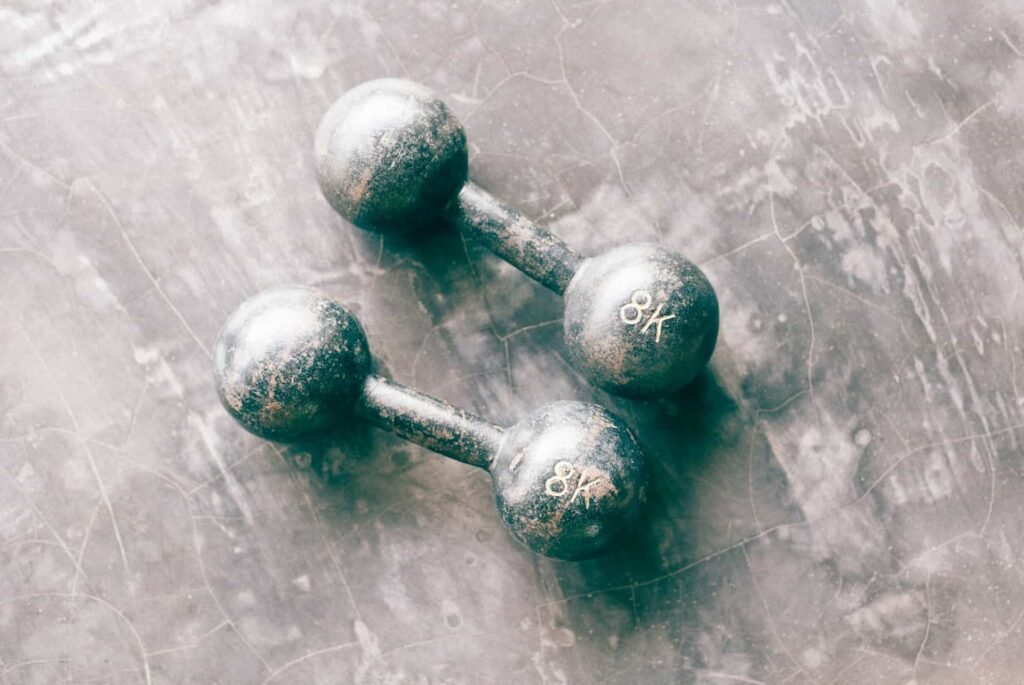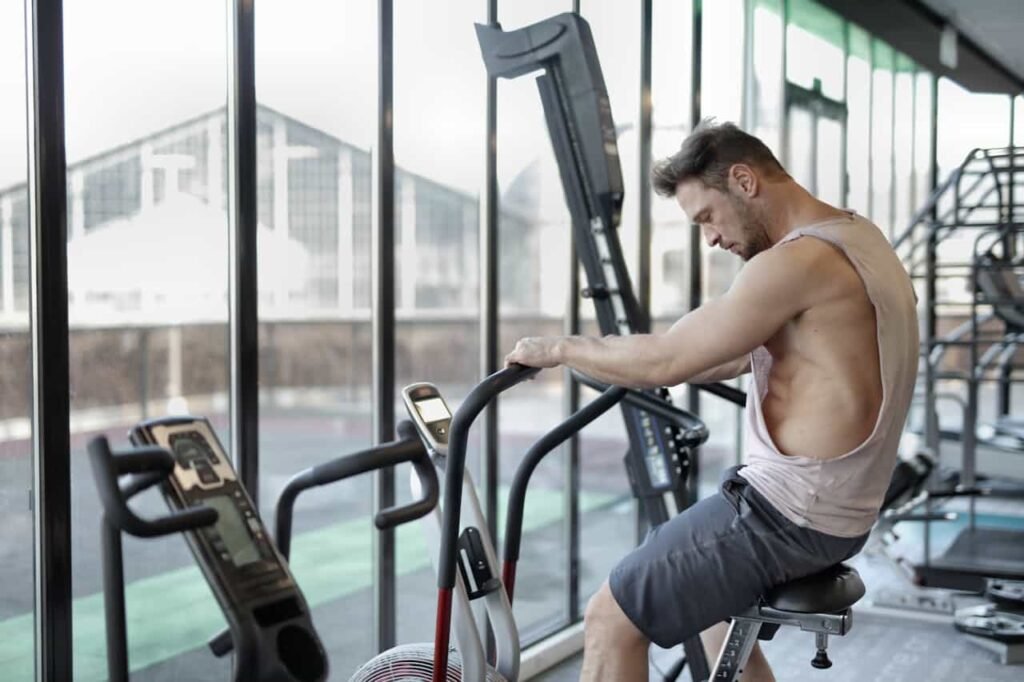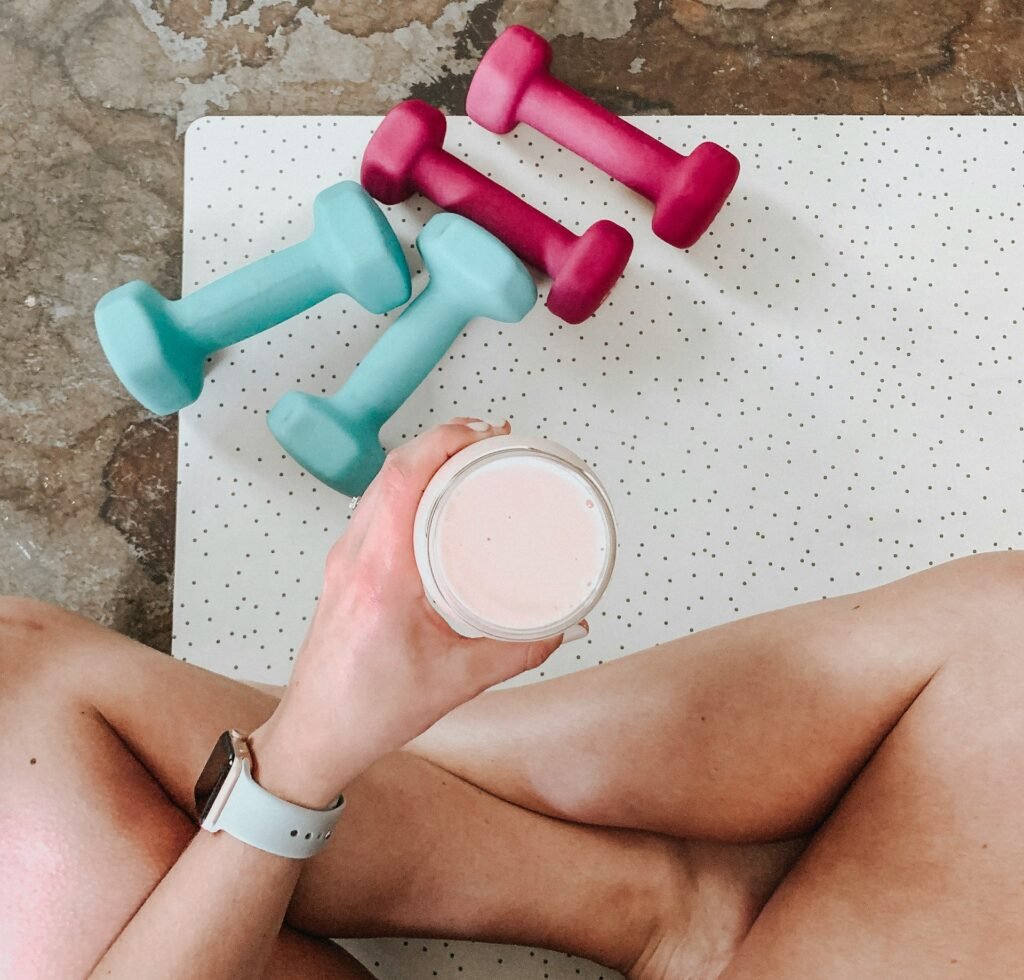We all can fall sick. You, me, or any other person can hardly run away from illness. However, if we are physically active, we can significantly reduce the chance of getting sick.
I love going to the gym, and it has almost become a daily routine. Once, I had a bad flu, and I faced the dilemma between training or resting. I am sure many of you, like me, have faced this dilemma or are yet to do so. To help you overcome this dilemma, I am going to tell you what to do when you fall sick.
Should you train or should you rest?
The answer mainly depends on the severity of the sickness. The answer is mostly black and white. If you are feeling not so good and lacking energy or the sickness is not at a mild level, then you should definitely rest. If you train at a public gym and you have flu, then it is your moral obligation not to go to the gym, as it can harm others. If you have a private gym and have a mild cough or flu, then you can consider training.
Remember, when you are sick, you are not at your 100%, so do not try to go all out on the exercises. When you are recovering, you need to:
Contents
Reduce the Training Volume
Reducing volume and intensity for some time does not mean leaving growth on the table. It will help you to recover faster.
When you are sick, your body will accumulate some level of fatigue as it continues to recover. If you add extra fatigue to that from training, then you will be just delaying the recovery process. Sickness that may be cured in 3 days can last up to 2 weeks or more.
When I had my flu, I did not go to the gym, as I go to a public gym. I had a training bike at home, which I used for doing cardio for 30 minutes, and some light bodyweight exercise when I felt like it.
You need to be true to yourself at that time. If you feel like you can exercise, perform lightweight exercises with lower sets. If you do not feel like it, do not force yourself.

Take Recovery Session
If you have mild headaches or mild symptoms of a non-contagious sickness, you can definitely go to the gym. However, until you recover fully, the gym workout will be your recovery session.
In recovery sessions, you will do light exercises, dropping the number of sets and reps so that your body does not get stressed out. Research has found that light exercise can boost your immune system even when you are sick.
Continue your recovery sessions until you entirely get cured, and then return to your regular training.

Totally Skip Workout
If your sickness is severe, do not train. As mentioned earlier, training with illness will make the illness last longer than usual.
Skipping training will not harm you. When you are back, you can easily pick up your training from where you left it.
One misconception related to the issue is prevalent. Which is:
If you do not train for a week or two, you will lose your muscle
It does not happen. It almost takes 3 to 4 weeks before the muscle before you start losing your muscle. Let me break it down for you.
When you stop training, you do not start losing muscles right away. Yes, slowly, over time, you will lose some, but as stated, it almost takes 3 to 4 weeks before this process even gets started.
Then why do some people lose muscle size before 3 weeks?
It is not the muscle they lose; it is the glycogen storage they lose. In our muscles, there is water and glycogen storage. When someone is sick due to eating or hydration-related issues, their water and glycogen storage starts depleting, which shrinks the muscle size a bit. As this happens, people think that they are losing muscle. The issue gets solved when eating and hydration get back to the normal level.

